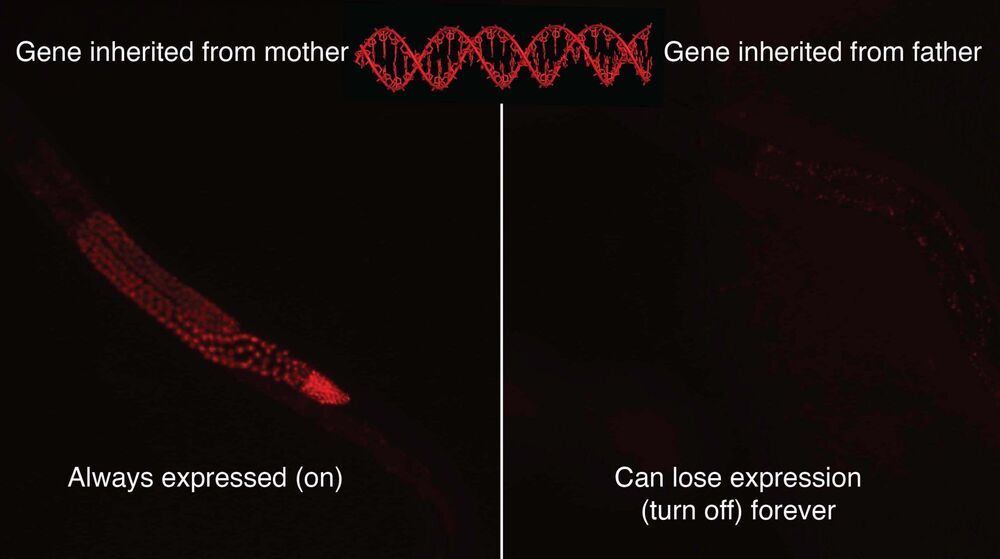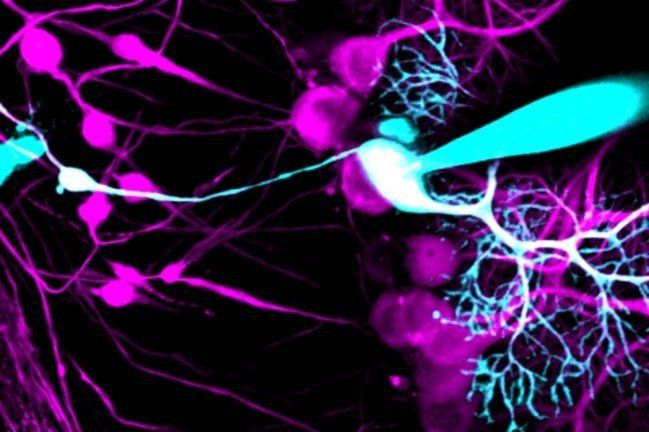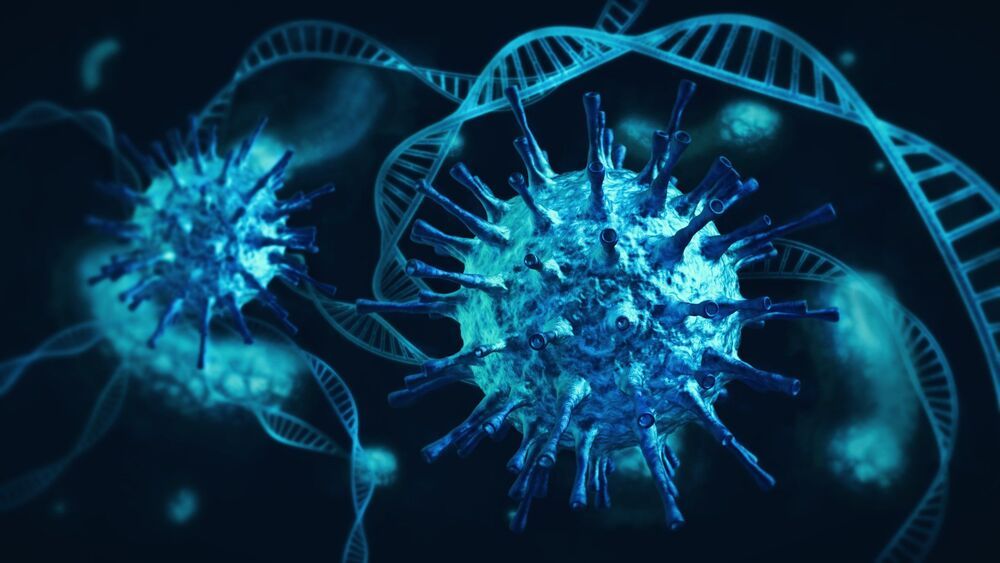To develop its drug, Vir “deliberately isolated an antibody that binds to a part of the virus that is very difficult for the virus to mutate,” he said. That piece of the virus is “conserved, not only in all the variants, but in SARS-1… and in a whole family of coronaviruses.”
Vir knew the variant onslaught was coming, said the company’s executive vice president of research and chief scientific officer, Herbert “Skip” Virgin, M.D., Ph.D. So far, added Scangos, its premise of targeting a conserved site to maintain efficacy against mutations “seems to be holding true.”
Sotrovimab “appears to retain activity against variants of concern” like alpha, beta, gamma, epsilon and iota, the National Institutes of Health noted in recently updated COVID-19 treatment guidelines. Last week, GSK and Vir provided data suggesting that delta also belongs to that list. Updated lab experiment data posted on the preprint repository bioRxiv showed sotrovimab’s activity against 14 variants including the troubling delta variant—which first surfaced in India and appears to spread more rapidly than the already-speedy alpha—was very similar to that against the original SARS-CoV-2 virus.
While several vaccines now stand tall in the fight against COVID-19, therapies—and antibody drugs in particular—have had a decidedly tougher time. Saddled with access issues and beset by fast-emerging variants, firstcomer Eli Lilly has recently been forced to rethink its tactics. Now, GlaxoSmithKline and Vir Biotechnology are applying those lessons to their solo agent sotrovimab.
Backed by promising phase 3 data and lab results showing efficacy against a suite of virus variants including the lurking delta variant, sotrovimab still has a big role to play in the pandemic, executives from GSK and Vir said in a recent joint interview with Fierce Pharma and Fierce Biotech.
Federal officials seem to agree. Late last week, the U.S. paused the distribution of Eli Lilly’s combo of bamlanivimab and etesevimab until further notice, citing the ascent of the gamma and beta variants stateside. With Lilly’s drug struggling to keep pace with mutations, the Assistant Secretary for Preparedness Response and the FDA urged healthcare providers to switch to other authorized antibodies like sotrovimab and Regeneron’s cocktail REGEN-COV, both of which are “likely to retain activity” against the gamma and beta variants, which now make up more than 11% of sequenced U.S. coronavirus cases, ASPR said in a release.








